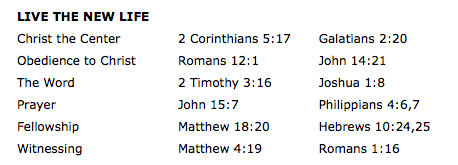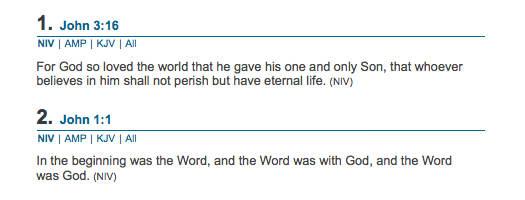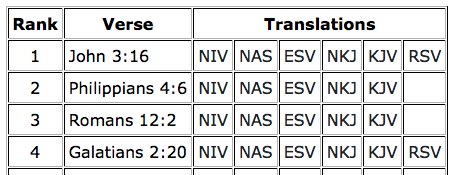Today, I’m talking about hypermiling; the art of changing the way you drive to increase miles per gallon and save money.
Making some minor tweaks to my driving habits the past month has increased my MPG by 17%. I went from averaging 35 MPG to 41 MPG.
One simple rule of thumb is the more you’re pressing on the gas pedal, the more money you’re using up in gas. So a majority of hypermiling techniques attempt to minimize how often you’re hitting the gas pedal.
Here are the handful of easy changes I made to my driving habits.
Brake Less, Coast More
The more you brake, the more you use the gas pedal to get back up to speed. On the flip side, the more you coast, the further you’re able to go without using the gas.
This technique goes hand-in-hand with the next one.
Pay Attention
Know your surroundings. Is the next stoplight red or green, is it uphill or downhill, are there cars behind you, etc.?
This helps determine how far and if you can coast.
Having this thought in mind has opened my eyes to multiple locations on my daily commute where I can coast a fair distance. It also helps you drive more efficiently. If an upcoming light is red, there’s no rush to get there and come to a complete stop. Coast as long as you can up to the light, possibly even timing it so you don’t have to stop completely at all.
Don’t Be In a Hurry
When you’re in a hurry, you tend to accelerate harder and drive faster.
Know the faster you’re driving, the less efficient your engine becomes. So I’ve become more intentional about driving closer to the speed limit and accelerating more slowly.
Consistent Gas Pedal, Not Speed
This primarily has to do with long stretches of road where you’re able to drive a set speed limit (i.e., highways). The more you press/release the gas pedal, the more gas you’d use than if you kept the gas pedal depressed at a consistent level.
The biggest example of this is when you’re on a highway going up a hill.
Generally, I would press the gas pedal down further to maintain the same speed. However, my goal is no longer consistent speed, but consistent gas pedal.
So I try to keep my foot pressed down the same amount all the way through the hill. That means my car typically slows down 5 to 10 MPH, but I’m making my car work less and use less gas by doing so.
Make It Fun
After while these little exercises became a game. How far could I coast and ultimately how efficient can I make my driving to increase MPG?
When taking exits on the highway, I would try to determine the precise location I could stop pressing the gas and perfectly coast through the off-ramp onto the next turn without using the brake or gas until I was on the next street.
Honestly, I was surprised at how significant my gas mileage increased with these relatively easy changes.
Probably the biggest adjustment was not getting too worked up about slowing the people behind you. For example, I used to accelerate faster when there was someone behind me.
Now I don’t care if they’re riding my tail because I’d rather boost my MPG. ;)
What are same ways you’ve been able to drive more efficiently and save money on gas?





